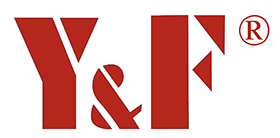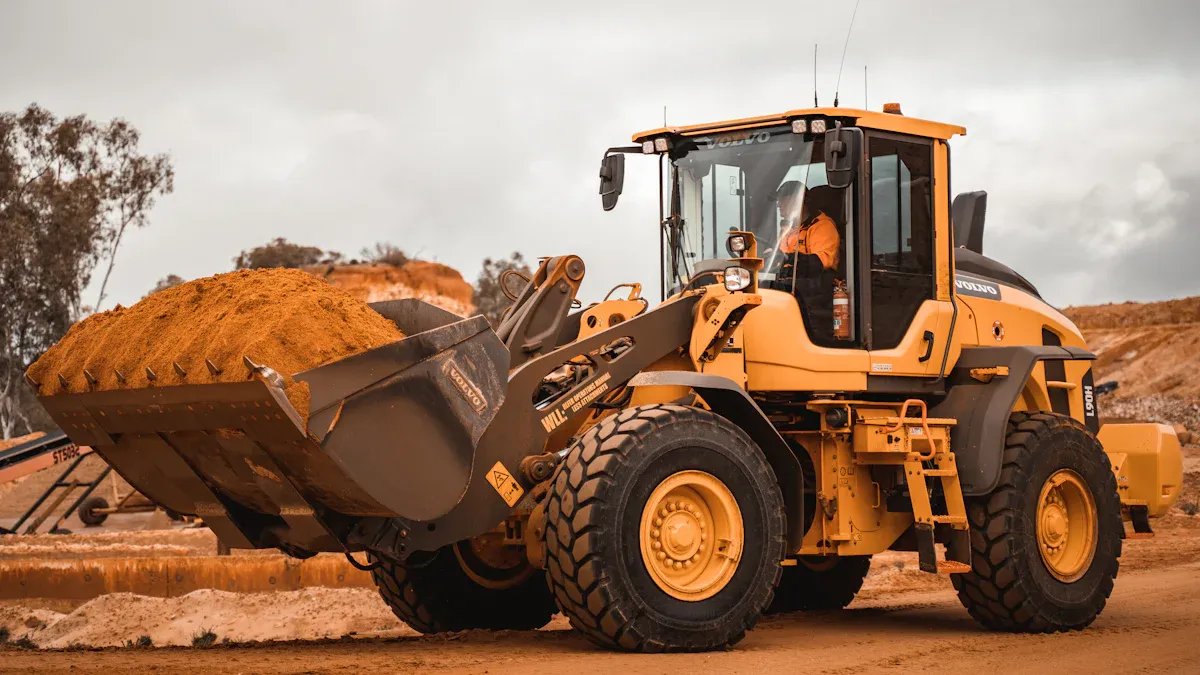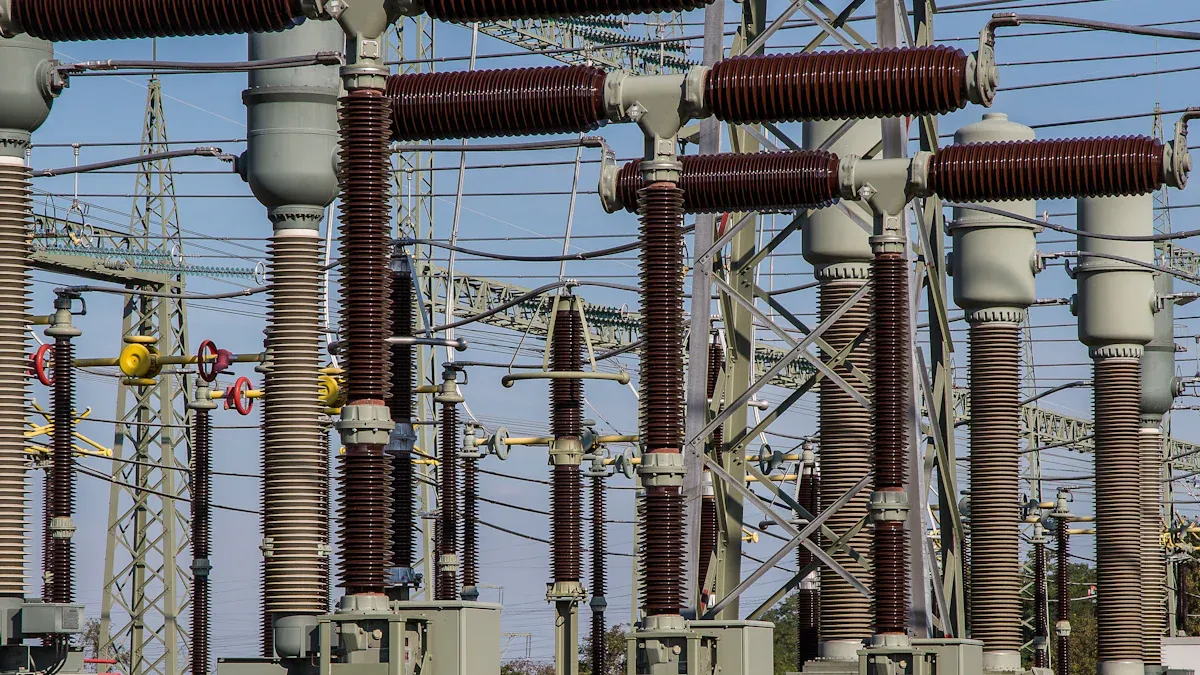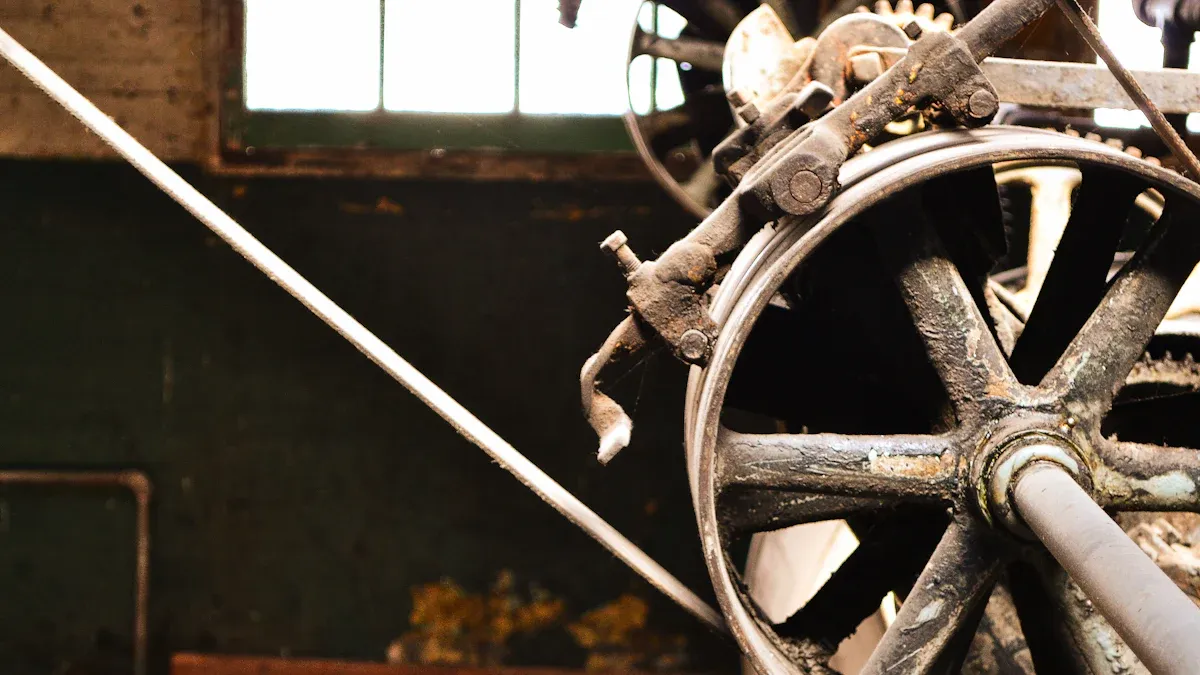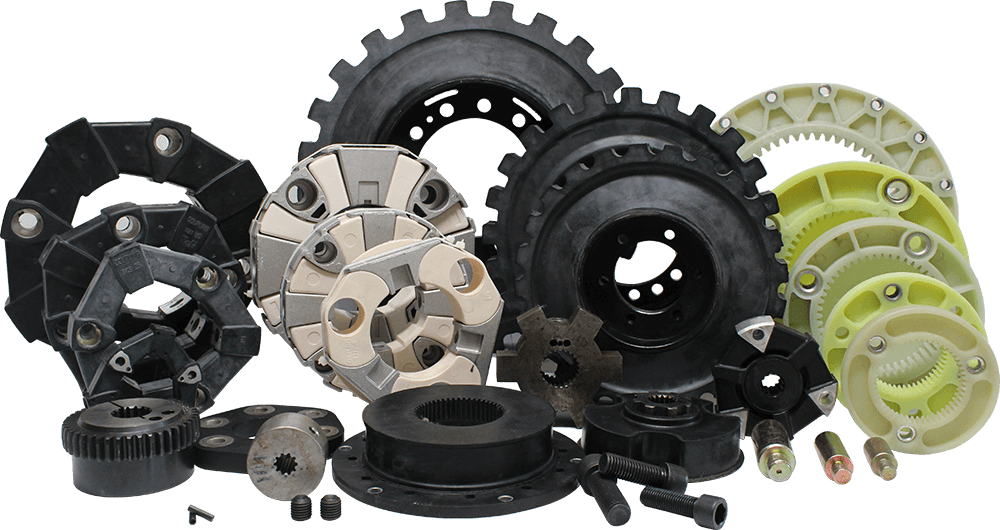
You need center joint seals to help your excavator work well. These seals stop oil from leaking out. They also keep dirt from getting inside. Good seals help keep the pressure steady. This makes sure every part moves the right way. Here is how they help your machine work better:
Evidence Description | Impact on Efficiency |
|---|---|
High-quality seals prevent hydraulic oil leaks | Saves money and lowers harm to the environment, making the machine work better |
Maintaining correct pressure levels with quality seals | Helps the machine work its best, stops wasted energy and poor performance |
You keep your equipment safe and save money when you take care of these seals.
Key Takeaways
Center joint seals stop hydraulic oil from leaking. This saves money and helps the machine work better. Regularly check seals for wear or damage. This helps you avoid expensive repairs and lost work time. Good seals block dirt and other things from getting inside. This protects parts and makes the equipment last longer. Keeping the right hydraulic pressure with good seals helps your excavator run well. Using strong seals from trusted sellers lowers the chance of breakdowns. It also makes the machine work better overall.
Center Joint Seals Overview

What They Are
Center joint seals help your excavator work well. These seals are important for safety and efficiency. Here is what they do for your machine:
They keep hydraulic oil inside, so your machine does not waste energy.
They stop dirt and dust from getting in, so the system stays clean.
They can handle high pressure and heat, so your excavator works well even on hard jobs.
Using strong center joint seals helps your equipment last longer. It also helps you avoid sudden problems. New technology has made these seals stronger and better. Here are some new features:
Advancement Type | Description |
|---|---|
Advanced Materials | Tougher glass and metals make seals last longer and work better. |
Enhanced Hermetic Sealing | New ways to seal make them work in very hard places, like space or deep water. |
Miniaturization | Smaller connectors fit into tiny devices, like those used in hospitals. |
Tip: Picking the right center joint seals means your machine works better and breaks down less.
Where They’re Located
You find center joint seals inside the swivel joint of your excavator. This part is between the top and bottom of the machine. The seals let hydraulic fluid move from the base to the arm, even when the top turns.
If the seals break, your excavator can lose power or stop. You should check this spot often because it gets a lot of use every day. Keeping the seals in good shape helps your hydraulic system stay strong and work well.
Preventing Hydraulic Fluid Leakage

Maintaining System Pressure
You need to keep the hydraulic system pressure steady for your excavator to work its best. Center joint seals play a big part in this. When these seals work well, they stop oil from leaking out. This keeps the pressure inside the system at the right level. If you lose pressure, your excavator will not move as it should. You might notice the arm moves slowly or does not lift heavy loads.
Hydraulic leaks can cause big problems. Even a small leak can waste a lot of oil over time. For example, if oil drips once every second, you can lose up to 420 gallons in a year. This loss means you spend more money on oil and repairs. It also means your machine works less efficiently. You could lose up to 30-50% of your machine’s effectiveness if leaks go unchecked.
Impact of Hydraulic Leaks | Cost Implications |
|---|---|
Inefficient machinery operation | Up to $500,000 a day |
Premature machine component failure | $76,000 – $100,000 per year |
Oil loss from a single drop per second | 420 gallons in a year |
Overall Equipment Effectiveness reduction | 30-50% |
Note: Keeping your center joint seals in good shape helps you avoid these high costs and keeps your excavator running strong.
Ensuring Lubrication
You need proper lubrication for all moving parts in your excavator. Center joint seals help keep the hydraulic oil where it belongs. This oil acts as a lubricant for the system. When the seals work well, every part gets the oil it needs. This reduces friction and stops parts from wearing out too fast.
If the seals fail, oil can leak out. Parts inside the hydraulic system may run dry. This can cause them to grind against each other. Over time, you may see more breakdowns and need to replace parts sooner. You also risk sudden failures that stop your work.
Good center joint seals:
Keep oil inside the system
Make sure all parts stay lubricated
Help your excavator last longer
Tip: Check your seals often. If you see oil around the swivel joint, you may need to replace the seals soon.
Blocking Contaminants
Protecting Internal Components
It is important to keep your excavator’s hydraulic system clean. Dirt, dust, and water can get inside and cause harm. Center joint seals act like a wall. They stop these things from getting in. When you keep out dirt, you protect pumps, valves, and cylinders. Clean oil moves easily through the system. This helps every part last longer and work better.
If dirt gets into the hydraulic fluid, metal parts can get scratched or worn. Over time, this can cause leaks or even make the machine stop working. You can stop these problems by checking your seals often. Change them if you see they are worn out. Good seals help you save money and keep your excavator working well.
Tip: Always look for dirt or oil around the swivel joint. This helps you find problems early.
Enhancing Stability
You want your excavator to work smoothly each day. Stable hydraulic pressure makes this happen. Seals help keep the system steady. Here is how they help:
Seals in hydraulic cylinders keep pressure in by stopping fluid from leaking.
They make a wall that blocks dirt and other things from getting inside.
All the seals together help keep your hydraulic system steady.
When you use your excavator in hot or cold weather, temperature changes can affect the seals. Look at this table to see how temperature changes seals:
Temperature Condition | Effect on Seals |
|---|---|
Low Temperature | Seals can freeze, get hard, and lose their stretch. This can cause leaks. |
High Temperature | Seals may get bigger and softer. This can make more friction and lower pressure. |
You need to watch for these changes. If you see leaks or the machine feels less steady, check the seals right away. Keeping your center joint seals in good shape helps your excavator stay safe and work well.
Consequences of Seal Failure
Reduced Efficiency
When your excavator’s seals fail, you will notice a drop in how well your machine works. The hydraulic system cannot hold pressure. This makes the arm move slower and reduces the digging force. You may find it hard to lift heavy loads or finish jobs on time. Slow lifting and weak digging are common problems when seals do not work right. These issues make your work less efficient and can cause delays on the job site.
If you ignore these signs, your excavator will waste more fuel and take longer to complete tasks. You might also spend more money fixing other parts that wear out faster.
Equipment Damage
Seal failure does not just slow you down. It can also damage your excavator. When oil leaks from the center, the machine loses walking pressure. This can cause the excavator to move in the wrong direction or become misaligned. You may see oil pooling around the swivel joint, which is a clear sign of trouble.
Here is a table that shows the most common types of damage linked to seal failure:
Type of Damage | Description |
|---|---|
Running Deviation | Damage to the oil seal causes the excavator to move off course during use. |
Oil Leakage | Oil escapes from the swivel joint, leading to low pressure and poor control. |
If you let these problems continue, you risk bigger breakdowns. Parts inside the hydraulic system can wear out quickly. You may need to replace expensive components or even stop work until repairs are made.
Always check for leaks and strange movements. Early action can save you from costly repairs and long downtime.
Maintenance Tips for Center Joint Seals
Inspection Practices
You should inspect your center joint seals regularly to keep your excavator running smoothly. Start by cleaning the area around the swivel joint. Look for oil spots or dirt buildup. Use a flashlight to check for cracks or bulges on hoses. Touch the hoses to feel for soft spots or changes in texture. If you notice any changes, write them down and plan for a closer check.
Tip: Schedule inspections every month. This helps you catch problems before they get worse.
Signs of Wear
Knowing the signs of wear helps you prevent bigger issues. Watch for these indicators during your checks:
Indicator | Description |
|---|---|
Bulging on Hose Surface | Shows wire breakage and possible failure inside the hose. |
Continuous Oil Seepage | Even small leaks can cause oil loss and corrosion, making the joint weak. |
Abnormal Hose Vibration | Vibrations over 2Hz mean the system is unstable and the hose may break soon. |
Sustained Oil Temperature Above 80°C | High temperatures speed up aging and shorten hose life. |
If you see any of these signs, you should act quickly. Replace worn parts before they fail. This keeps your hydraulic system safe and strong.
Troubleshooting
When you find a problem, follow these steps to fix it:
Check for oil leaks around the swivel joint.
Listen for strange noises or vibrations when the machine moves.
Measure oil temperature. If it stays above 80°C, cool the system and inspect the hoses.
Replace any hose that looks bulged or feels soft.
Test the excavator after repairs to make sure everything works well.
Note: Always use high-quality center joint seals from YNF Rubber. This helps your excavator last longer and reduces the risk of breakdowns.
Regular care and quick action keep your machine working at its best. You save money and avoid downtime when you follow these tips.
You need center joint seals to keep your excavator working well. If you check and take care of these seals, your machine will last longer. This also helps you avoid spending a lot on repairs. Taking care of seals gives you many good things:
You are less likely to have your machine stop working suddenly.
You can find small issues before they turn into big problems.
You save money because you stop big breakdowns from happening.
Benefit | Description |
|---|---|
Reduced Repair Costs | Stops big breakdowns, so you do not need expensive repairs. |
Increased Equipment Uptime | Cuts down on surprise failures and keeps your machine working more often. |
Always make sure your seals are in good shape. Checking them often and fixing problems fast keeps your excavator running and your jobs on time.
FAQ
What is a center joint seal in an excavator?
A center joint seal keeps hydraulic oil inside your excavator’s swivel joint. It also blocks dirt and water from entering. This seal helps your machine work smoothly and safely every day.
How often should you check center joint seals?
You should check your center joint seals at least once a month. Look for oil leaks, dirt buildup, or any signs of wear. Early checks help you avoid bigger problems and keep your excavator running well.
What are signs that a center joint seal needs replacing?
Watch for oil leaks around the swivel joint, slow arm movement, or strange noises. If you see oil on the ground or notice weak digging, you may need to replace the seal soon.
Can you replace center joint seals yourself?
You can replace center joint seals if you have the right tools and follow safety steps. If you feel unsure, ask a trained technician for help. Always use quality seals for best results.
Where can you buy reliable center joint seals?
You can buy high-quality center joint seals from YNF Rubber. They offer strong, durable seals that help your excavator last longer and work better.
